
Kód: 04564115
Literary Translation in Russia
Autor Maurice Friedberg
This study provides a great deal of interesting and important information on literary translation as an international phenomenon, in its aesthetic, social, and cultural dimensions. It will be of value not only to the specialist on ... celý popis
- Jazyk:
 Angličtina
Angličtina - Väzba: Brožovaná
- Počet strán: 234
Nakladateľ: Pennsylvania State University Press, 1997
- Viac informácií o knihe

Mohlo by sa vám tiež páčiť
-

Guess What?
11.36 € -

Chemokine Factsbook
94.22 € -

Dynamics of Heterogeneous Combustion and Reacting Systems
165.21 € -
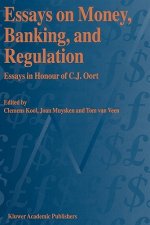
Essays on Money, Banking, and Regulation
139.60 € -

Peoples of the Inland Sea
73.02 € -

Les Plus Belles Automobiles Vol.1
27.34 € -

Mentiras en directo : la historia secreta de los telediarios
20.07 €
Darčekový poukaz: Radosť zaručená
- Darujte poukaz v ľubovoľnej hodnote, a my sa postaráme o zvyšok.
- Poukaz sa vzťahuje na všetky produkty v našej ponuke.
- Elektronický poukaz si vytlačíte z e-mailu a môžete ho ihneď darovať.
- Platnosť poukazu je 12 mesiacov od dátumu vystavenia.
Viac informácií o knihe Literary Translation in Russia
Nákupom získate 110 bodov
 Anotácia knihy
Anotácia knihy
This study provides a great deal of interesting and important information on literary translation as an international phenomenon, in its aesthetic, social, and cultural dimensions. It will be of value not only to the specialist on Russia but also to scholars and students in the broad field of comparative literature.-Deming Brown, author of The Last Years of Soviet Russian Literature: Prose Fiction, 1975-1991In this rich historical study, Maurice Friedberg recounts the impact of translation on the Russian literary process. In tracing the explosion of literary translation in nineteenth-century Russia, Friedberg determines that it introduced new issues of cultural, aesthetic, and political values.Beginning with Pushkin in the early nineteenth century, Friedberg traces the history of translation throughout the lives of Dostoevsky, Tolstoy, and, more recently, Pasternak. His analysis includes two translators who became Russia's leading literary figures: Zhukovsky, whose renditions of German poetry became famous, and Vvedensky, who introduced Charles Dickens to Russia. In the twentieth century, Friedberg points to Pasternak's Faust to show how apolitical authors welcomed free translation, which offered them an alternative to the original writing from which they had been banned by Soviet authorities.By introducing Western literary works, Russian translators provided new models for Russian literature. Friedberg discusses the usual battles fought between partisans of literalism and of free translation, the influence of Stalinist Soviet government on literary translation, and the political implications of aesthetic clashes. He also considers the impetus of translated Western fiction, poetry, and drama as remaining links to Western civilization during the decades of Russia's isolation from the West. Friedberg argues that literary translation had a profound effect on Russia by helping to erode the Soviet Union's isolation, which ultimately came to an end with the dissolution of the Soviet Union in 1991.
 Parametre knihy
Parametre knihy
Zaradenie knihy Knihy po anglicky Language linguistics Translation & interpretation
44.34 €
- Celý názov: Literary Translation in Russia
- Podnázov: A Cultural History
- Autor: Maurice Friedberg
- Jazyk:
 Angličtina
Angličtina - Väzba: Brožovaná
- Počet strán: 234
- EAN: 9780271028200
- ISBN: 0271028203
- ID: 04564115
- Nakladateľ: Pennsylvania State University Press
- Hmotnosť: 386 g
- Rozmery: 227 × 155 × 15 mm
- Dátum vydania: 15. April 1997
Obľúbené z iného súdka
-
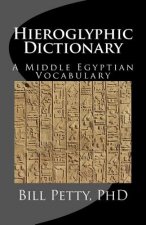
Hieroglyphic Dictionary
23.96 € -
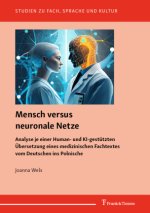
Mensch versus neuronale Netze
67.08 € -
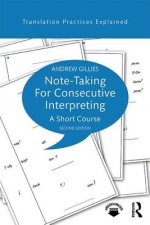
Note-taking for Consecutive Interpreting
52.13 € -
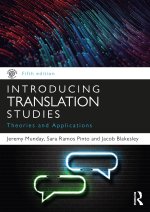
Introducing Translation Studies
46.18 € -1 % -
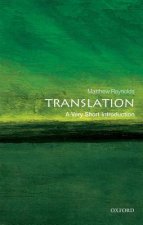
Translation: A Very Short Introduction
9.41 € -34 % -

Translating Popular Fiction
104.98 € -
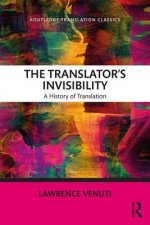
Translator's Invisibility
42.70 € -
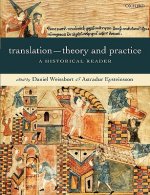
Translation - Theory and Practice
108.87 € -

Basiswissen deutsches Recht für Übersetzer
44.96 € -

Struggle to Understand Isaiah as Christian Scripture
33.38 € -3 % -
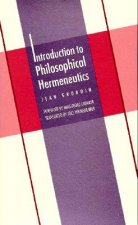
Introduction to Philosophical Hermeneutics
31.95 € -5 % -
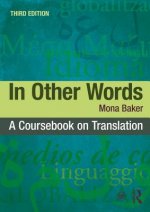
In Other Words
53.97 € -
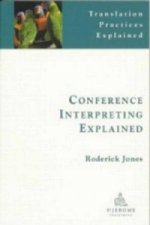
Conference Interpreting Explained
65.54 € -
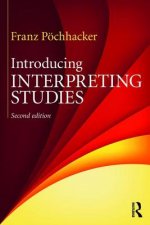
Introducing Interpreting Studies
65.44 € -

This Little Art
13.41 € -23 % -
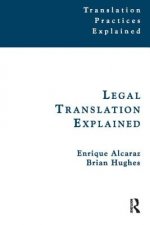
Legal Translation Explained
52.64 € -
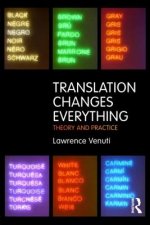
Translation Changes Everything
63.29 € -
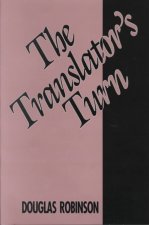
Translator's Turn
38.20 € -
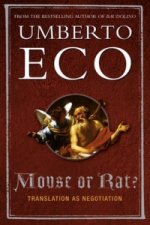
Mouse or Rat?
11.15 € -23 % -
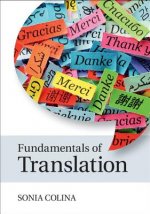
Fundamentals of Translation
38.50 € -

Conference Interpreting
76.81 € -
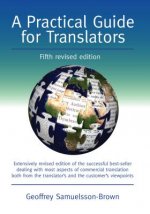
Practical Guide for Translators
23.65 € -18 % -
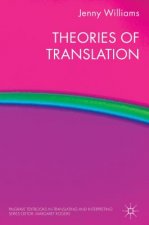
Theories of Translation
77.12 € -
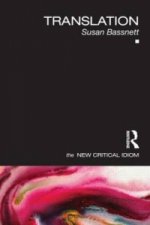
Translation
40.86 € -
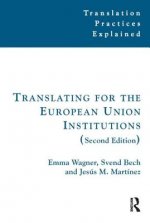
Translating for the European Union Institutions
59.40 € -
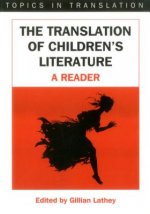
Translation of Children's Literature
33.79 € -

Consecutive Interpreting
56.53 € -
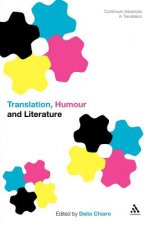
Translation, Humour and Literature
73.12 € -
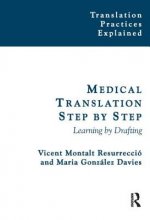
Medical Translation Step by Step
47 € -

About Translation
39.12 € -
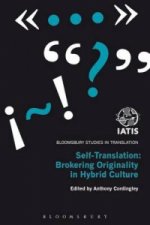
Self-Translation
104.67 € -
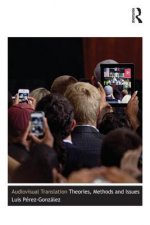
Audiovisual Translation
67.80 € -
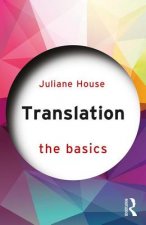
Translation: The Basics
31.54 € -
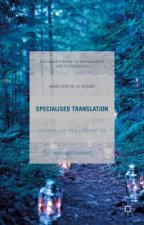
Specialised Translation
70.87 € -
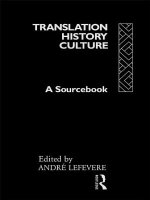
Translation/History/Culture
90.74 € -

Translation and Conflict
64.11 € -
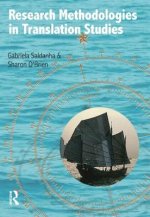
Research Methodologies in Translation Studies
67.80 € -
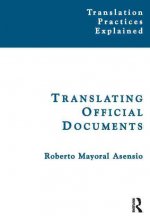
Translating Official Documents
47 € -
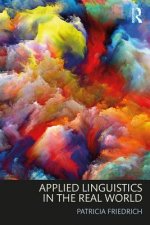
Applied Linguistics in the Real World
71.59 € -

World Between Two Covers - Reading the Globe
25.90 € -1 % -
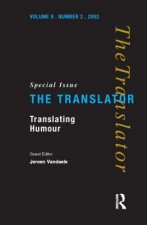
Translating Humour
62.47 € -
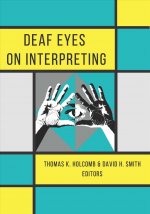
Deaf Eyes on Interpreting
93.51 € -

Translation and Identity in the Americas
65.34 € -
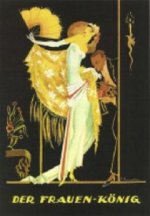
Gender, Sex and Translation
78.04 € -
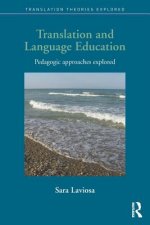
Translation and Language Education
76.81 € -
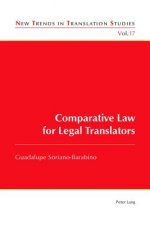
Comparative Law for Legal Translators
103.34 € -

Metonymy
53.05 € -

Interpreter Education in the Digital Age
51.10 € -
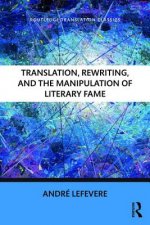
Translation, Rewriting, and the Manipulation of Literary Fame
59.91 €
Osobný odber Bratislava a 2642 dalších
Copyright ©2008-24 najlacnejsie-knihy.sk Všetky práva vyhradenéSúkromieCookies



 21 miliónov titulov
21 miliónov titulov Vrátenie do mesiaca
Vrátenie do mesiaca 02/210 210 99 (8-15.30h)
02/210 210 99 (8-15.30h)